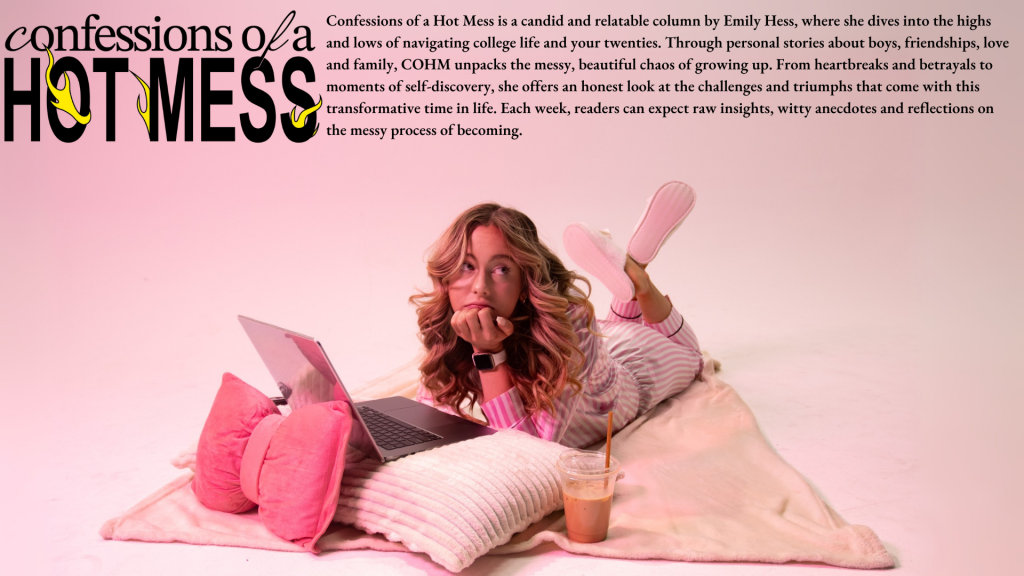Here’s the thing about toxic relationships: they don’t just end when you walk away. You carry them with you—their words, their weight, their pull. And sometimes, even after you’ve made the decision to leave, that pull drags you back.
I learned this the hard way.
It all started with a date that was supposed to be simple, maybe even fun. Instead, it turned into a therapy session for two. We sat there, swapping horror stories about our exes like war buddies. I told him about my ex—let’s call him Tree. Not because he was grounded or sturdy, but because he had this infuriating ability to stand there, all tall and self-important, while his roots were rotting beneath the surface.
Tree wasn’t outright cruel; that would’ve been easier to spot. No, his superpower was the subtle erosion of my self-worth. He called me broken—not in anger, but in this calm, condescending way, like he was a mechanic diagnosing a car that was beyond repair. He treated me like I needed to be quieter, softer, less. Less me, basically.
And because I was too busy trying to prove I wasn’t broken, I stayed. I shrank myself into smaller and smaller versions of who I was, hoping one day I’d be “enough” for him. Spoiler: I never was! (You can’t fix people!)
When I finished telling my story, my date looked horrified. “You have to leave him,” he said, like it was the simplest thing in the world.
I wish it were. But leaving someone like Tree isn’t just about walking out the door. It’s about unlearning the part of yourself that thought you deserved to stay.
He told me about his ex, too—a full-blown hurricane of a woman who blew into his life, left a trail of destruction, and somehow convinced him to stand in the middle of it every single time.
We bonded over the messiness of it all, thinking we were wiser now, like we’d graduated from the school of toxic relationships with diplomas in self-respect. A few weeks later, I even left Tree. I walked away, chest puffed out, thinking I was done.
But here’s the thing about Tree: he had this gravitational pull. A few weeks later, I broke no contact. Not because I missed him (okay, maybe I did), but because I thought I could be the one in control this time. Maybe I wanted closure. Maybe I wanted validation. Maybe I just wanted to prove I was strong enough to talk to him without falling apart.
What I didn’t expect was to find him—not Tree, but my date-turned-friend, the one who had begged me to leave, the one who had literally said, “You deserve better.” Only now, he was back with her.
His hurricane. The same woman he’d sworn up and down was behind him.
It hit me like a brick. Here we were, two people who had bonded over leaving the people who broke us, and we’d both gone right back. It was like we were trapped in an emotional relay race, handing the baton of bad decisions back and forth: you go back, I go back, tag, you’re it.
I wanted to scream at him, “Why did you go back to her?” But I couldn’t, because I’d just gone back to Tree, the man who had spent a month trying to turn me into a plastic version of myself.
The thing about the pull of what breaks us is that it doesn’t care how much sense it makes. It doesn’t care how many friends tell you to walk away or how many times you swear you’re done. It’s irrational and maddening and so, so human.
But eventually, I left Tree. For real this time. I’m done trying to be quieter, smaller, less. I’m not broken, no matter what he said, and I’m definitely not letting someone like him make me feel that way again.
As for my friend? He’s still in the storm, and I get it. I wish he could see what I see—that hurricanes don’t change, they just destroy. But you can’t make someone leave their hurricane. They have to figure it out on their own, just like I did.
Maybe one day he’ll get there. But until then, I’ll be here—complicated friend, silent witness, and occasional hypocrite. Because as much as I want to scream, Stop going back to her, I know he could’ve said the same to me.
And that’s the thing about the pull of what breaks us. Sometimes, it’s not about how fast you leave. It’s about how long you can stay gone.

Confessions of a Hot Mess is the personal work of Emily Hess. The opinions expressed in this column, as well as those published in The Nevada Sagebrush, are solely those of the author and do not necessarily reflect the views of The Sagebrush or its staff. Hess is a student at the University of Nevada studying journalism. She can be reached at emilyhess@sagebrush.unr.edu and on Twitter @emilyghess3.
